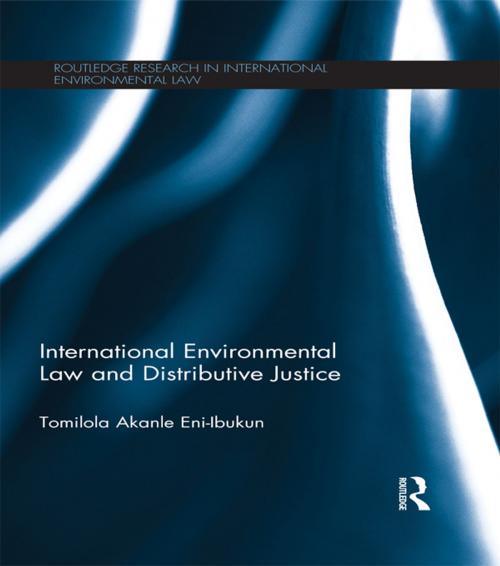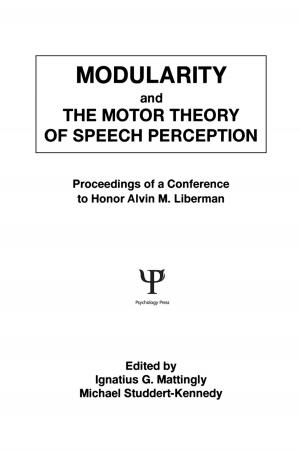International Environmental Law and Distributive Justice
The Equitable Distribution of CDM Projects under the Kyoto Protocol
Nonfiction, Reference & Language, Law, Environmental, International| Author: | Tomilola Akanle Eni-Ibukun | ISBN: | 9781136020889 |
| Publisher: | Taylor and Francis | Publication: | November 20, 2013 |
| Imprint: | Routledge | Language: | English |
| Author: | Tomilola Akanle Eni-Ibukun |
| ISBN: | 9781136020889 |
| Publisher: | Taylor and Francis |
| Publication: | November 20, 2013 |
| Imprint: | Routledge |
| Language: | English |
The Clean Development Mechanism (CDM) is widely regarded as one of the Kyoto Protocol’s best creations and as an essential part of the international climate change regime. The CDM has been constantly evolving to ensure that it fulfils its objectives of mitigating climate change and contributing to sustainable development in developing countries. The over 6,000 registered projects under the CDM are estimated to have generated almost US$200 billion of investment in developing countries and are expected to achieve GHG emission reductions of about 6.8 billion tonnes. Nevertheless, the CDM is not perfect, and one of its main problems is the inequitable geographic distribution of projects among developing countries. Understandably, this is a problem that countries are very keen to address, and since 2001, even before the first project was registered, countries have been highlighting the need to ensure that projects are equitably distributed among participating countries.
This book looks at distributive justice under the CDM regime and focuses on the issue of equity in the geographic distribution of CDM projects among developing countries. The book investigates relevant aspects of international law to identify the legal characteristics of equitable distribution or distributive justice, in order to establish what equitable distribution in the CDM should look like. Based on these investigations, Tomilola Akanle Eni-Ibukun breaks new ground in defining equitable distribution under the CDM and exploring how key obstructions to the equitable distribution of projects may be overcome.
The book will be of particular interest to academics and policymakers of climate change and the CDM within international law.
The Clean Development Mechanism (CDM) is widely regarded as one of the Kyoto Protocol’s best creations and as an essential part of the international climate change regime. The CDM has been constantly evolving to ensure that it fulfils its objectives of mitigating climate change and contributing to sustainable development in developing countries. The over 6,000 registered projects under the CDM are estimated to have generated almost US$200 billion of investment in developing countries and are expected to achieve GHG emission reductions of about 6.8 billion tonnes. Nevertheless, the CDM is not perfect, and one of its main problems is the inequitable geographic distribution of projects among developing countries. Understandably, this is a problem that countries are very keen to address, and since 2001, even before the first project was registered, countries have been highlighting the need to ensure that projects are equitably distributed among participating countries.
This book looks at distributive justice under the CDM regime and focuses on the issue of equity in the geographic distribution of CDM projects among developing countries. The book investigates relevant aspects of international law to identify the legal characteristics of equitable distribution or distributive justice, in order to establish what equitable distribution in the CDM should look like. Based on these investigations, Tomilola Akanle Eni-Ibukun breaks new ground in defining equitable distribution under the CDM and exploring how key obstructions to the equitable distribution of projects may be overcome.
The book will be of particular interest to academics and policymakers of climate change and the CDM within international law.















